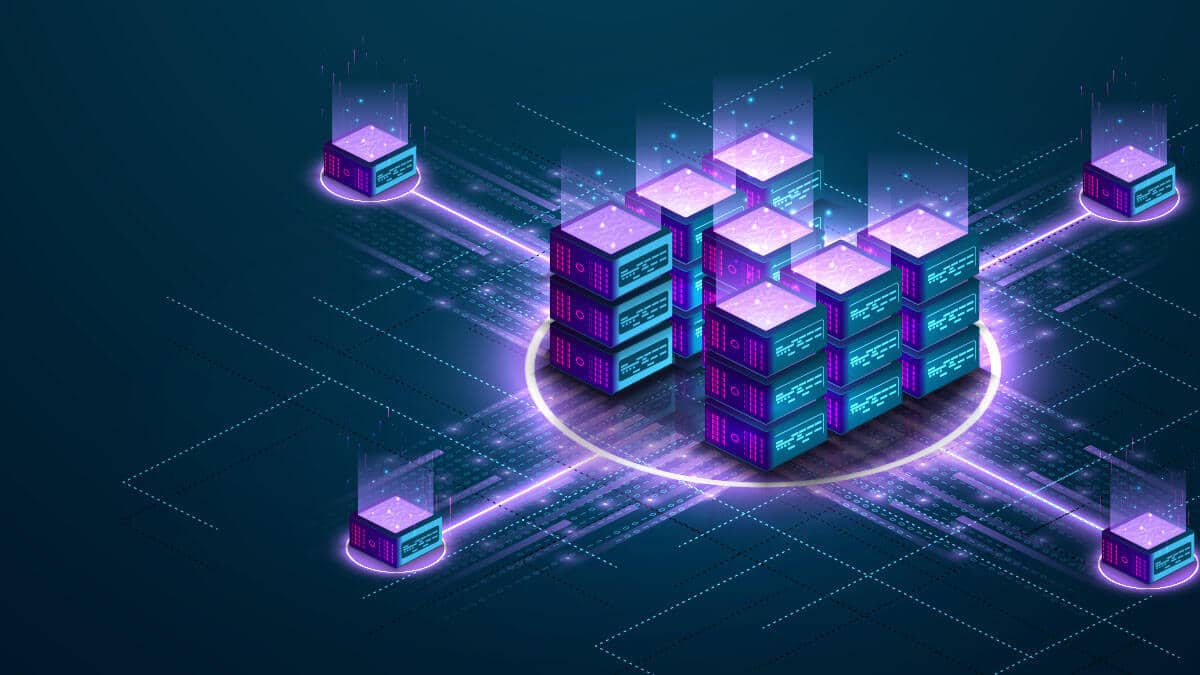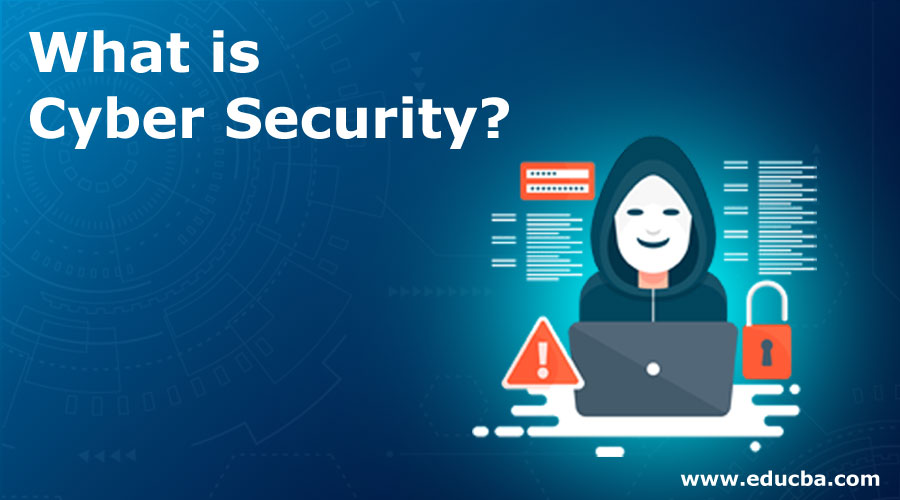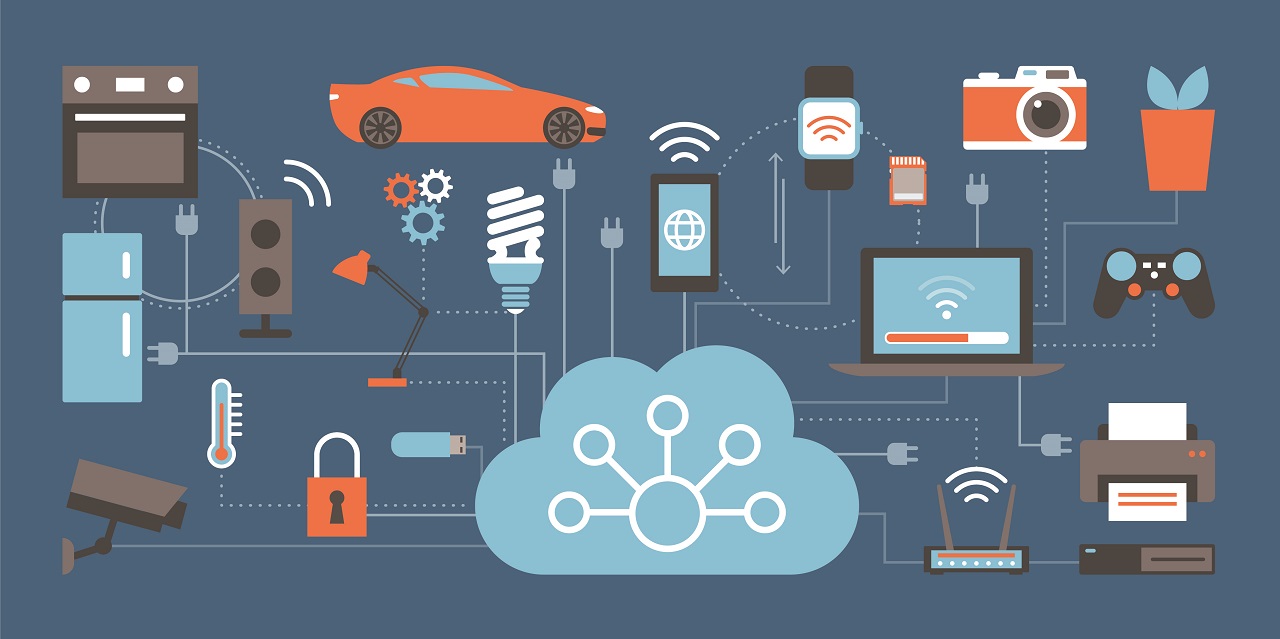How blockchain is revolutionizing industries from finance to healthcare
Published

What is blockchain and how does it work?

Those : rad.com
Blockchain is a distributed digital accounting technology that enables secure, transparent and tamper-proof transactions without intermediaries. At its core, a blockchain consists of an ever-growing list of records, called blocks, that are connected and secured together using cryptography.
Each block contains a cryptographic hash of the previous block as well as a timestamp and a batch of new transaction data. Once a block is added to the chain, it cannot be changed without changing all subsequent blocks, protecting the system against manipulation and fraud.
With a public blockchain, anyone can participate in the network and verify transactions through a consensus mechanism such as proof-of-work or proof-of-stake. With a private blockchain, access is limited to a specific group of participants, e.g. B. the members of a consortium.
Overall, blockchain technology offers a decentralized and secure way to store and transfer data, making it interesting for a variety of applications beyond finance and healthcare.
How is blockchain technology changing the financial industry and what benefits does it offer?

Those : dreamstime.com
Blockchain technology is changing the financial industry in several ways, including:
Increased Security: Blockchain provides a tamper-proof and transparent way to store transaction data, reducing the risk of fraud and hacker attacks.
Faster and cheaper transactions: Blockchain enables near-instantaneous settlement of transactions, eliminating the need for middlemen and reducing fees.
Improved Transparency: The decentralized nature of blockchain allows participants to view transaction data in real-time, increasing transparency and trust.
Greater Efficiency: Blockchain enables the automation of various processes, reducing the need for manual intervention and streamlining operations.
Expanding Access: Blockchain has the potential to provide financial services to the unbanked and underbanked by providing a secure and cost-effective way to store and transfer value.
Innovation in financial products and services: Blockchain technology enables the development of new financial products and services, such as: B. Peer-to-peer lending, smart contracts and decentralized exchanges.
Overall, blockchain technology has the potential to revolutionize the financial industry by increasing efficiency, reducing costs and enabling greater access and innovation.
How is blockchain used in the healthcare industry and what impact does it have on patient care?

Those : istockphoto.com
Blockchain is used in the healthcare industry in a variety of ways, including:
Secure medical data exchange: Blockchain enables secure and transparent exchange of patient data between healthcare providers, patients and researchers, enabling more efficient and accurate diagnosis and treatment.
Improved supply chain management: Blockchain can be used to track the movement of medical supplies and pharmaceuticals, increasing efficiency and reducing the risk of counterfeiting and fraud.
Clinical Trial Management: Blockchain can be used to securely manage clinical trial data to ensure transparency and accuracy in the research process.
Patient Identity Management: Blockchain can be used to manage patient identities to reduce the risk of medical identity theft and ensure the accuracy of patient records.
Payment Processing: Blockchain can be used to streamline payment processing and reduce costs associated with insurance claims and billing.
Overall, the use of blockchain in healthcare has the potential to improve patient care by increasing data security and transparency, reducing errors, and improving supply chain management. It also has the potential to reduce costs and improve access to healthcare services. However, there are still challenges that need to be addressed, e.g. E.g. regulatory issues, data protection concerns and the need to standardize data management.
Are there any concerns or challenges associated with implementing blockchain in these industries?

Those : unsplash.com
Yes, there are several concerns and challenges associated with implementing blockchain in industries such as finance and healthcare, including:
Scalability: Scaling blockchain technology can be slow and costly, especially for public blockchains, which may limit its adoption in certain industries.
Interoperability: There are currently several different blockchain platforms and interoperability between them can be difficult, making it difficult to build integrated systems.
Regulatory hurdles: The use of blockchain technology may lead to legal concerns regarding privacy, security and compliance, which may vary from country to country.
Technical Expertise: Building and maintaining blockchain-based systems requires specialized technical expertise that can be difficult to find and costly to maintain.
Integration with legacy systems: Integrating blockchain into existing legacy systems can be complex and time-consuming, requiring significant investments in time and resources.
Power Consumption: Public blockchains, like Bitcoin, require significant amounts of energy to operate, which can impact the environment and costs.
Overall, while blockchain technology offers significant potential benefits, there are still challenges and concerns that need to be addressed to fully realize its potential in these industries.
What potential future developments in blockchain technology could further revolutionize finance and healthcare, and what impact might this have?

Those : patriotsoftware.com
There are several potential future developments in blockchain technology that could further revolutionize finance and healthcare, including:
Improved interoperability: Improved interoperability between different blockchain platforms and systems could enable better collaboration and efficiency across industries, reducing the need for middlemen.
Improved privacy and security: New advances in cryptography and privacy-preserving technologies could improve the security and privacy of blockchain-based systems, making them more attractive for sensitive health and financial data.
The rise of decentralized finance (DeFi): Decentralized financial applications powered by blockchain technology could enable greater access to financial services and products, especially for underserved populations.
The emergence of digital identities: The use of blockchain-based digital identities could improve the accuracy and security of patient data and reduce the risk of medical identity theft.
The use of smart contracts: The development of more sophisticated smart contracts could enable greater automation and efficiency in financial and healthcare transactions, reducing the need for manual intervention and streamlining operations.
The integration of artificial intelligence (AI): The integration of AI and blockchain technology could enable greater efficiency and accuracy in data analysis and decision-making, especially in healthcare.
Overall, these potential developments could further revolutionize finance and healthcare by enabling greater efficiency, security and access to services and products. However, challenges such as regulatory hurdles and technical expertise still need to be overcome to fully exploit the potential of these technologies.








